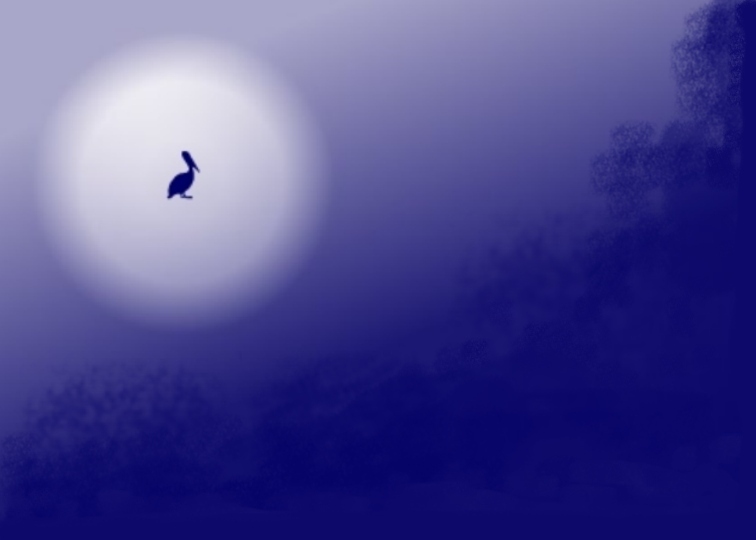Notes |
Comment |
|
On these definitions, of course, someone could be both an outsider and an insider. And why not? |
Insiders and OutsidersWhat I wrote about Ulysses reminds me of a discussion I had with my friend Philip a couple of years ago. We were talking about elitism and I tried to put forward a moderate defence for the social function of elites in relation to the arts. Philip would have none of it. He is good liberal and a commited social democrat and any suggestion of exclusivity is equivalent to the worst kind of intellectual snobbery in his view. I tend to agree with him but I still think I have a point. Elites, I believe, are there whether we like them or not. Indeed, they are there whether we recognise them or not. Over the past few years I have had the opportunity to observe at close hand the organisation of a major book award. The success of the award and its on-going reputation depend, of course, on the quality of the winners. The sponsor in particular wants to be associated with quality books and with the general idea of Literature. Booksellers and publishers see the award as major boost to sales and want its integrity maintained so that future sales are assured. And that is just how the awards work. The short-listed books and, more especially, the winners are looked on as the pick of the crop. They become items of public interest and enjoy significant commercial success as a result. Even books that have already been successful on first publication experience a boost in sales. Indeed the more successful the book has already been the bigger the sales boost that the awards bring. Curiously, though, whenever the question of quality is addressed directly the organisers duck for cover. Ask if this years winning novel was, in fact, the best and you will invariably get the answer 'Ah, well. These things are always subjective, aren't they?' The word 'subjective' implies a personal opinion, without any necessary basis in evidence or generally accepted criteria. It suggests that a different set of judges might have come up with an entirely different set of winners. How is it, then, that these subjective opinions mean anything at all in relation to a book's quality? Are the awards just an elaborate con-trick aimed at selling more books to gullible people who think they are buying something special? What seems to be operating here is a distinction between two groups of people: the insiders and the outsiders. The insiders are made up of the book trade, writers and reviewers and the like. They include the organisers of the awards and the judges. One of the ways of recognising an insider is to ask if, when all conflicts of interest are put aside, they would make a suitable judge or not. Insiders recognise the judges as their peers, even if they think their own taste is superior. If they disagree with the judges choice, then this is a difference in subjective opinion. They know that if they had been a judge themselves, which they might have been in other circumstances, then they might have picked different winners and been criticised in their turn. For an outsider, though, the judges' view is a statement about quality. It is a recommendation on the basis of which the outsider is prepared to spend good money. Of course, the outsiders, too, know that the decision is subjective. They believe, though, that the subjective opinion of the judges is worth something. In other words, the outsider acknowledges the judges' authority in a way that the insider does not. I guess one of the ways of recognising an outsider is the tendency to buy a book merely because it is an award winner. The insiders in this little story form what I would call an elite. They are a fairly large and amorphous group, far too big to be a clique, and not particularly conscious of their membership. They don't necessarily feel superior to anyone else. Indeed, they might, like my friend Philip, who is almost certainly a member, espouse strongly egalitarian views. Nevertheless, they implicitly assume that they know more about literary matters than the great unwashed. Accepting the role of judge is accepting an invitation to become a cultural authority. This is why people are flattered to be asked. 12 November 2008 |
Of course, this great preoccupation with the question of literary quality is all to do with the fact that his own books don't get much recognition. Amanda |
 |
 © Chris Else 2008 |
 |
